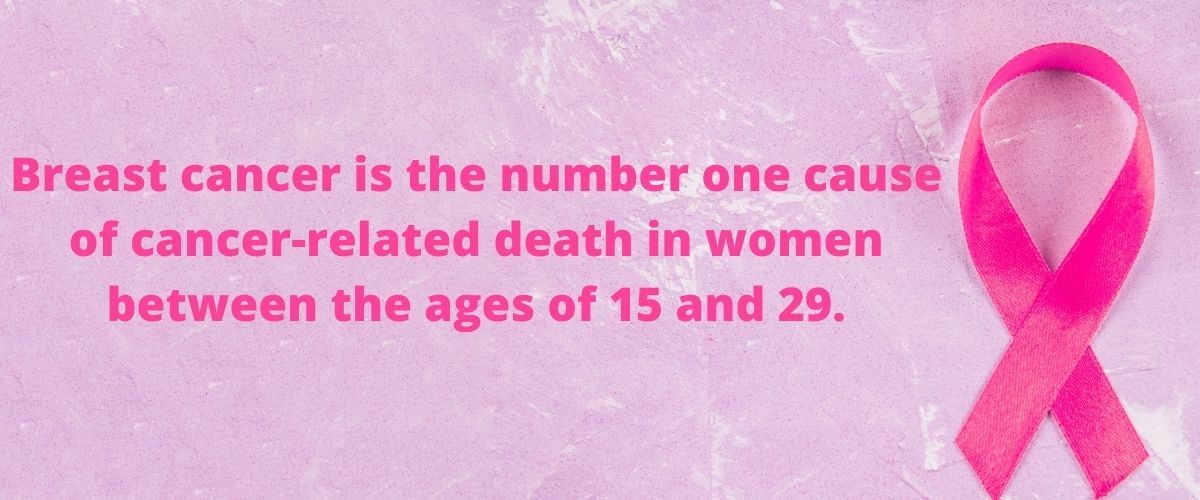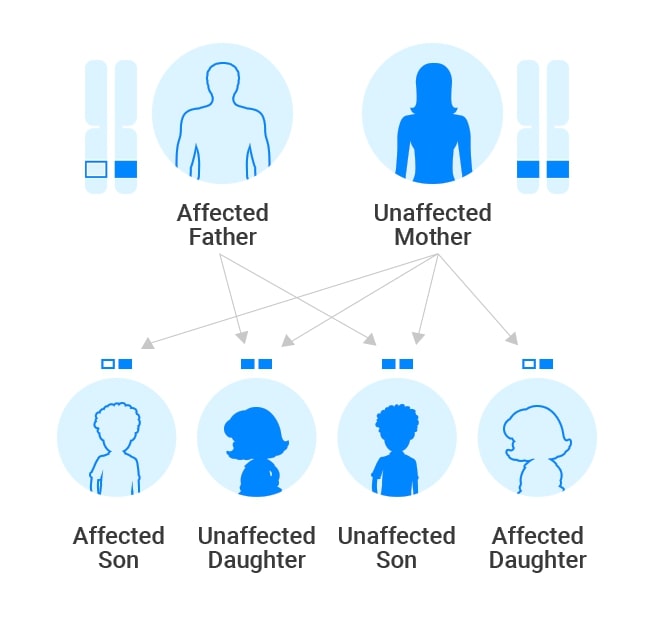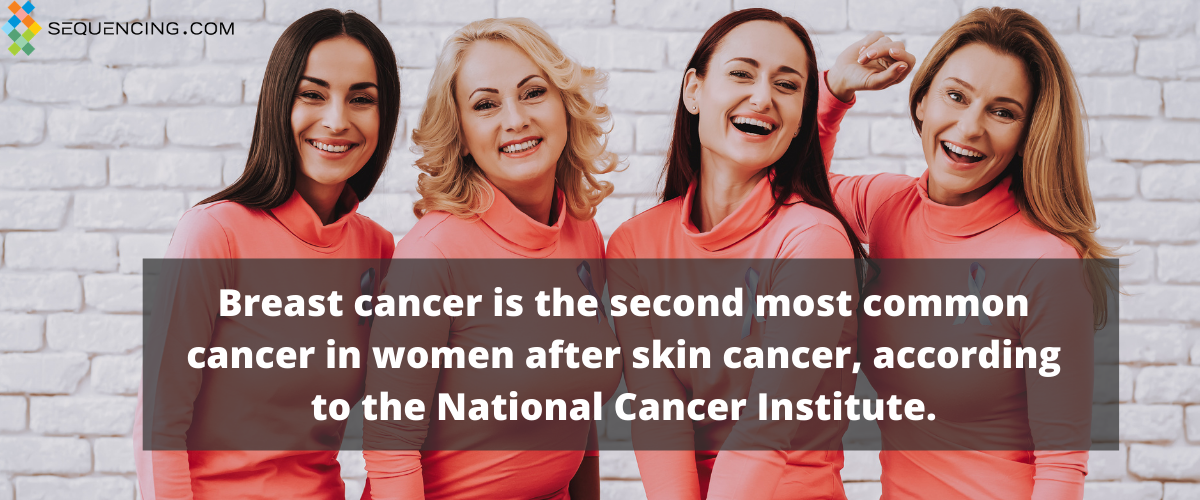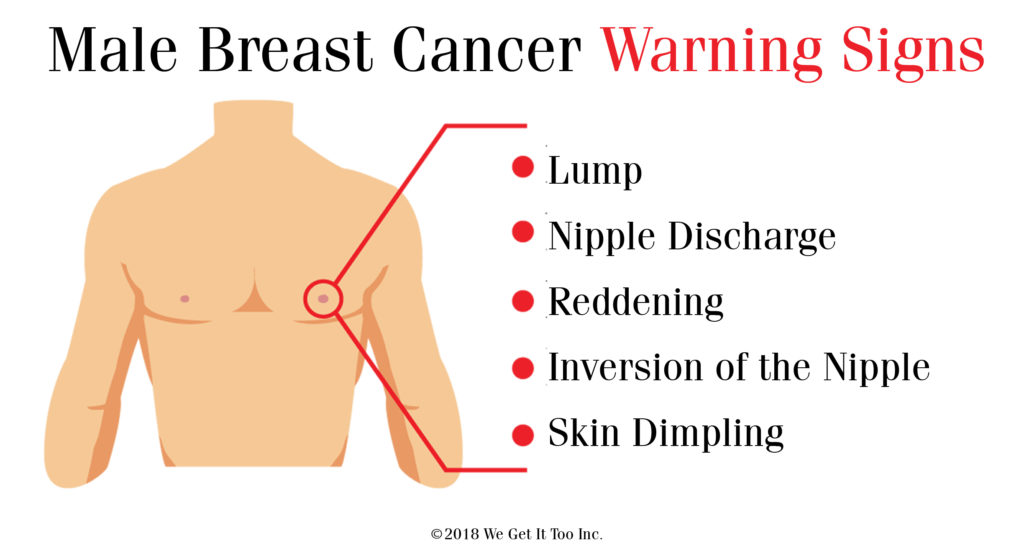By Dr. Brandon Colby MD, a physician-expert in the fields of Genomics and Personalized Preventive Medicine.
Women who inherit certain gene mutations are at an increased risk of suffering from breast cancer. Genetic testing for breast cancer risk can identify if someone has the mutations commonly found in those who suffer from breast cancer.
Your DNA And Breast Cancer
Mutations are found in two genes - BRCA1 and BRCA2 - for many women who suffer from breast cancer. Those who have changes in these genes are said to have Hereditary Breast and Ovarian Cancer (HBOC) syndrome.
By identifying these mutated genes, it’s possible to implement preventative measures to decrease the risk of suffering from breast cancer and other types of cancers.
Women with a family history of breast cancer are at increased risk of suffering it themselves. While most women who suffer from breast cancer do not have the inherited gene mutation, having the gene is a huge sign the person may suffer from breast cancer or another form of cancer at some point in life.

What to Expect from the Genetic Testing for Breast Cancer Procedure
Blood, saliva, or a swab of the cheek are the most common ways to retrieve a DNA sample for genetic testing for breast cancer risk. Once retrieved, the sample is sent to the lab for analysis, specifically looking for mutations in the BRCA1 and BRCA2 genes.
Different analyses are available - some test for one or a few mutations while others look at many different BRCA mutations. The type of mutation and the number of mutations depend on the situation of the individual. For instance, those who are of Ashkenazi Jewish descent have a specific mutation in the BRCA gene that suggests a higher risk of breast cancer, so that would be looked for first and then other types afterward.
Genetic testing for breast cancer is a predictor of breast cancer. The test results simply communicate if there is an increased risk for that type of cancer. The information found in the genetic test may include gene mutations such as BRCA1, BRCA2, BARD1, ATM, CHEK2, PALB2, PTEN, TP53, FGFR2, and TNRC9.
The genetic test results can be difficult to understand, so it’s a good idea to speak with a genetic counselor. This will help you understand if you have the breast cancer gene and at high risk of developing the condition.
When Should You Get Genetic Testing for Breast Cancer
One of the most common questions is when should you get genetic testing for breast cancer. The guidelines for genetic testing for breast cancer state that anyone who has suffered from breast cancer before or has a family history of it should seek genetic testing. While this is true, people of all ages should consider getting genetic testing, even children.
Dr. Colby says, “Children and even babies should be tested for breast cancer predisposition as the preventive measures (such as avoiding chest Xrays when a child has a cough if that child is predisposed to breast cancer) are most effective when started early and continued throughout life.”

Guidelines for Genetic Testing for Breast Cancer
Many expert groups have developed guidelines for genetic testing for breast cancer. These guidelines identify people who should seek genetic counseling and testing for BRCA gene mutations. What is important to realize is that these guidelines aren’t globally agreed upon. They are simply considerations when it comes to breast cancer and genetic testing.
The guidelines for genetic testing for breast cancer are:
-
The person was diagnosed with breast cancer before and is in remission. Triple-negative breast cancer survivors should highly consider seeking genetic testing.
-
Suffering from breast cancer more than once, but not a recurrence of the first breast cancer diagnosis.
-
The person is of Ashkenazi Jewish or Eastern European descent.
-
Family history of one of the following cancers: breast, ovarian, pancreatic, or prostate.
-
Family history of BRCA mutation.
-
Family history of breast cancer at a young age or more than one family member who has suffered from breast cancer (male or female).
-
Close family members who have a history of ovarian cancer, pancreatic cancer, or metastatic prostate cancer.
Where to Get Genetic Testing for Breast Cancer
Sequencing.com's DNA App Store has a DNA analysis app called Prevent Breast Cancer. This app provides a comprehensive analysis of a person's BRCA1 and BRCA2 genes as well as many other genes that are important for determining a person's genetic risk of breast cancer.
The app can analyze DNA data from almost any genetic test, such as the testing provided by 23andMe, MyHeritage, and AncestryDNA. Sequencing.com also offers its own DNA test kits and each kit includes the Prevent Breast Cancer analysis for free.
Implications of Genetic Testing
Just because someone receives a positive result for genetic mutation does not mean breast cancer or another type of cancer is definite. Similarly, just because someone receives a negative result doesn’t mean breast cancer or another type of cancer will never develop.
Cancer screening by way of genetic testing is for information purposes to identify risk. This information can be used to decrease the risk such as with preventive surgery such as a mastectomy, chemoprevention with medications that block estrogen receptors such as tamoxifen, or as simple as avoiding radiation exposure through ex-rays and CAT scans.
Read about: Breast Cancer Genetic Testing: Pros and Cons
What Are Gene Mutations
Gene mutations are abnormal changes in the DNA. There is nothing anyone can do to change the mutations (changes) of the gene. People experience changes in their DNA in two ways:
-
Acquired Mutations: Cells become damaged during replication by a virus or exposure to carcinogens.
-
Hereditary or Germline: This is passed down from generation to generation.
The most common cause of a mutation is through the acquisition of it (virus or exposure to carcinogens). Inherited mutations only account for 10 percent of cancer cases.
BRCA1 and BRCA2 Gene Mutations
BRCA1 and BRCA2 gene mutations have received a lot of media attention because not too long ago researchers found people who have these mutations are at an increased risk of breast cancer and/or ovarian cancer. The BRCA mutations are inherited, so people with a family history of breast cancer should seek genetic testing to see if they have one of these gene mutations.

PALB2 Gene Mutation
“While genetic variants within the BRCA1/2 genes are the ones most infamously associated with breast cancer, there are actually many different genetic variants in a large number of other genes that are also associated with an increased risk of breast cancer, and accurate analysis of risk should take them all into consideration,” says Dr. Colby.
The PALB2 gene is the partner and localizer of the BRCA2 gene. This gene instructs the body to make a protein that works with BRCA2 protein to repair DNA that’s damaged and stop tumor growth.
Research was published in New England Journal of Medicine in 2014 that suggested that the PALB2 gene mutation may be just as indicative of breast cancer as BRCA1 and BRCA2. The study revealed that the PALB2 gene was found to increase breast cancer risk 5 to 9 times higher than average. Out of 311 women with an abnormal PALB2 gene, 229 of these women ended up being diagnosed with breast cancer.
Learn: What's New with Breast Cancer Genetic Testing
Special Information for Men: Male Breast Cancer
Due to the increase in breast cancer awareness, most men now know that breast cancer is possible for them. Despite this knowledge, many men do not take the necessary precautions to ensure they catch it early.
According to Dr. Brandon Colby, an American physician, author, and founder of Sequencing.com says that “Males are an important part of our fight against breast cancer. Males can also have a substantially increased risk of breast cancer and it is also important for a man to know if he has an increased risk of breast cancer because then he’ll know of the importance of having his children tested when they are young so preventive measures can be implemented as well as informing his relatives so they can have genetic testing.”
A risk assessment and genetic information can help greatly in recognizing if men should pay particular attention to their breasts for signs of a tumor. While a risk assessment and breast cancer genetic testing are good tools to identify potential risks, always remember that negative test results do not mean breast cancer won’t develop. All men should know the signs of breast cancer and alert their health care provider with any concerns.
Signs of Male Breast Cancer

You should look for the following:
-
A lump in the breast. The lump is usually hard, doesn’t hurt, and doesn’t move.
-
Nipples turn inward.
-
Nipple discharge - can be clear or contain blood in it.
-
Sores or rash around the nipples that don’t go away.
-
The skin around the nipple may become hard, red, and/or swollen.
-
Swollen glands in the armpit, which look like small bumps, can be a sign of breast cancer in men.
How Much Does Genetic Testing for Breast Cancer Tumors Cost
Insurance companies usually pay for BRCA testing in the United States because it’s less expensive than cancer treatment. However, health insurance coverage and criteria vary by insurance plan. Some insurance companies only cover certain genetic testing or in certain situations, such as if there are risk factors like family history. The best thing to do is to contact the insurance company to ask.
Predictive Medicine has the potential to significantly decrease the costs of healthcare. - Dr. Brandon Colby, MD
Even though insurance companies will likely cover BRCA testing if someone has a family history of breast cancer, the general population may not receive that same financial assistance with the cost of genetic testing for breast cancer. This is highly unfortunate because the general population often turns to mammograms to identify breast cancer and sometimes, it can be too late once it is seen. Not only that, mammograms are performed with radiation and that can INCREASE the risk of developing breast cancer. Genetic testing is a better way to identify whether someone should look into the prevention of cancer to decrease the risk of getting it.
How Sequencing.com Helps with Genetic Testing and Breast Cancer
Sequencing.com seeks to help people prevent breast cancer by offering multiple comprehensive analysis apps. These apps will alert users to gene mutations typically found in people who have been diagnosed with breast cancer.
With the findings from Sequencing.com’s breast cancer suite of apps, people can work with a genetics counselor or health care professional to lower the risk of suffering from breast cancer.
Comprehensive Analysis of Breast Cancer and Ovarian Cancer-Related Genes
Our at home genetic testing for breast cancer app analyzes10 genes associated with breast and/or ovarian cancer including:
-
BRCA1
-
BRCA2
-
BARD1
-
ATM
-
CHEK2
-
PALB2
-
PTEN
-
TP53
-
FGFR2
-
TNRC9
Prevent Breast Cancer DNA Analysis App can analyze DNA data from most genetic testing. For example, this app can analyze the raw data from 23andMe, AncestryDNA, and MyHeritage.
For the most comprehensive assessment of the 10 genes that increase the risk of breast cancer, including the BRCA1/2 genes, we recommend whole genome sequencing. Sequencing your entire genome means 100% of the data for all of your genes, including BRCA1/2, will be obtained and there will be no gaps in the data. Sequencing your whole genome is now even less expensive than tests that only obtain data on the BRCA1 and BRCA2 genes.
Sequencing.com's Ultimate Genome Sequencing includes clinical-grade whole genome sequencing and we'll also include this Prevent Breast Cancer analysis for free. Simply email [email protected] with your order # and the code FREESCREENING.
About The Author
Dr. Brandon Colby MD is a US physician specializing in the personalized prevention of disease through the use of genomic technologies. He's an expert in genetic testing, genetic analysis, and precision medicine. Dr. Colby is also the Founder of Sequencing.com and the author of Outsmart Your Genes.
Dr. Colby holds an MD from the Mount Sinai School of Medicine, an MBA from Stanford University's Graduate School of Business, and a degree in Genetics with Honors from the University of Michigan. He is an Affiliate Specialist of the American College of Medical Genetics and Genomics (ACMG), an Associate of the American College of Preventive Medicine (ACPM), and a member of the National Society of Genetic Counselors (NSGC).